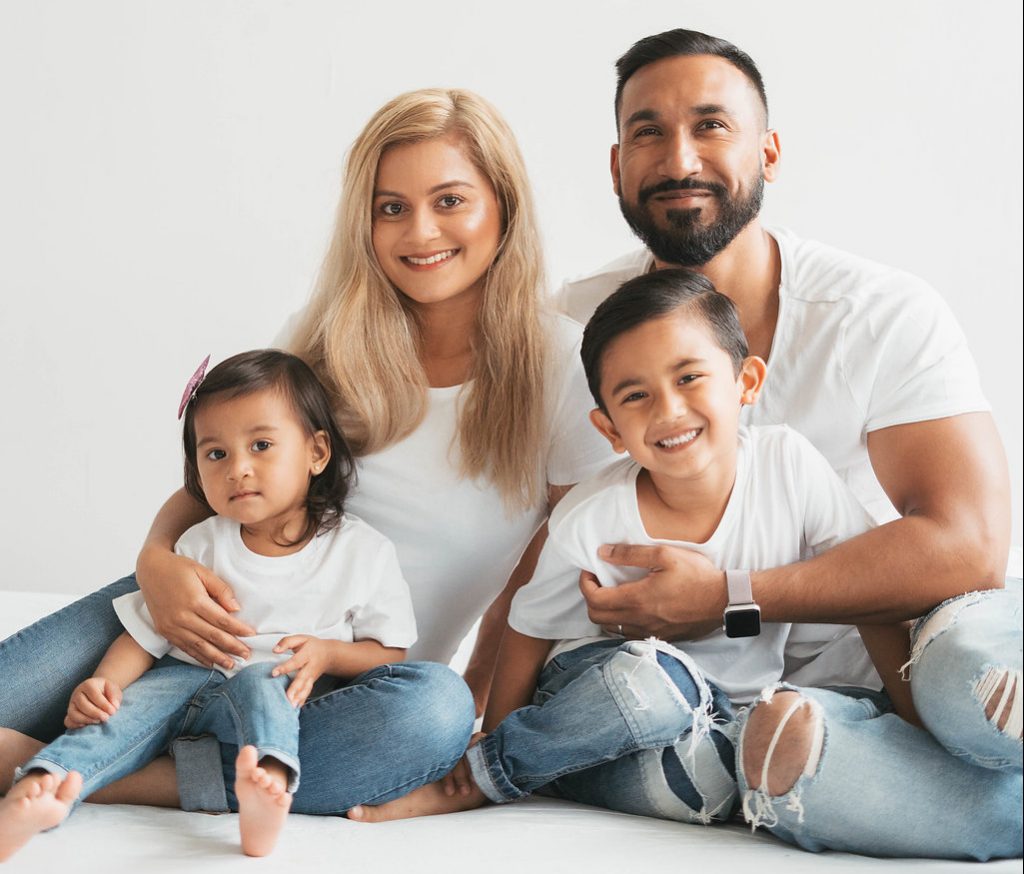It’s the most festive season in the United States. The season where shops are filled with Christmas decorations, pumpkin spice everything, musical jingles, and most importantly, when the big Christmas tree is lit up with beautiful lights in New York City. It’s also the season when Muslim families, like mine, have to explain to our children why we don’t celebrate Christmas.
I am a Bangladeshi-American Muslim woman, mother of two, who does not celebrate Christmas. Although I respect different religions and beliefs, as a Muslim, I could never make Christmas a part of our family traditions. However, how do I explain this to my children who are exposed to this religious holiday in a largely Christian nation that we don’t celebrate Christmas?
While my daughter, Aisha, is too young to understand, holding a conversation about this topic became a priority when my son Aayan enrolled in pre-kindergarten last year. With the overwhelming presence of Christmas decorations, songs, and activities, Aayan couldn’t help but wonder why we don’t celebrate Christmas. As a young mother, I wasn’t exactly sure how to explain to a four-year-old that we are Muslims and Christmas is not our holiday. So, I sat Aayan down and patiently explained that as Muslims we don’t believe that Jesus, also known as Prophet Isa (Peace Be Upon Him), is God’s son and that Christmas is a holiday that celebrates Prophet Isa’s (PBUH) birth. Thereby, there is nothing for us to celebrate. But, it’s not that simple, is it?
Although I plan on passing down Islamic teachings and values to my children, I must also remember that they will be exposed to different religions, cultures, and backgrounds throughout their lives. Sometimes, being exposed to so many different values can cause confusion. I know this personally, because growing up and attending schools that had predominantly Christian students, there were times in my younger days when I too wanted to celebrate Christmas. I desired: a big and beautifully decorated tree, lots of presents concealed in gift wraps and taking part in singing all the melodious jingles that are played everywhere. I even wondered why Eid, the holiday we celebrate twice a year, wasn’t as fun as Christmas.
After my conversation with Aayan, I realized how important it is for Muslim parents and families to make Eid as festive and exciting as Christmas. Back home, in Bangladesh, Eid is filled with over-the-top decorations, spending quality time with family and friends, giving back to the less fortunate, and participating in joyful activities that brings the community together. However, the same excitement and preparations aren’t present here in the states. This is something I plan on changing.
[Read More: How to Plan an Eid Party for Children]
Now, just because I don’t consider Christmas a part of my household, it doesn’t mean that I have anything against it. In fact, some of our closest friends are Christians and we make sure to wish them every year. In the end, I want my children to understand that they can appreciate the spirit of Christmas from afar, without participating in it. I am aware that this may not always be easy. However, I believe it is important to hold valuable conversations that will allow my children to understand and respect the differences we share while staying true to our Muslim identity.





